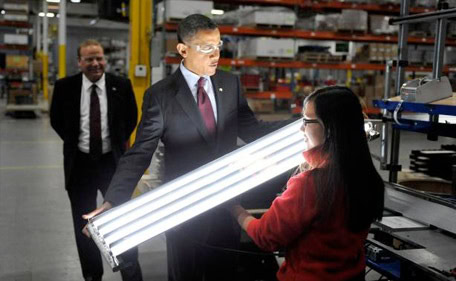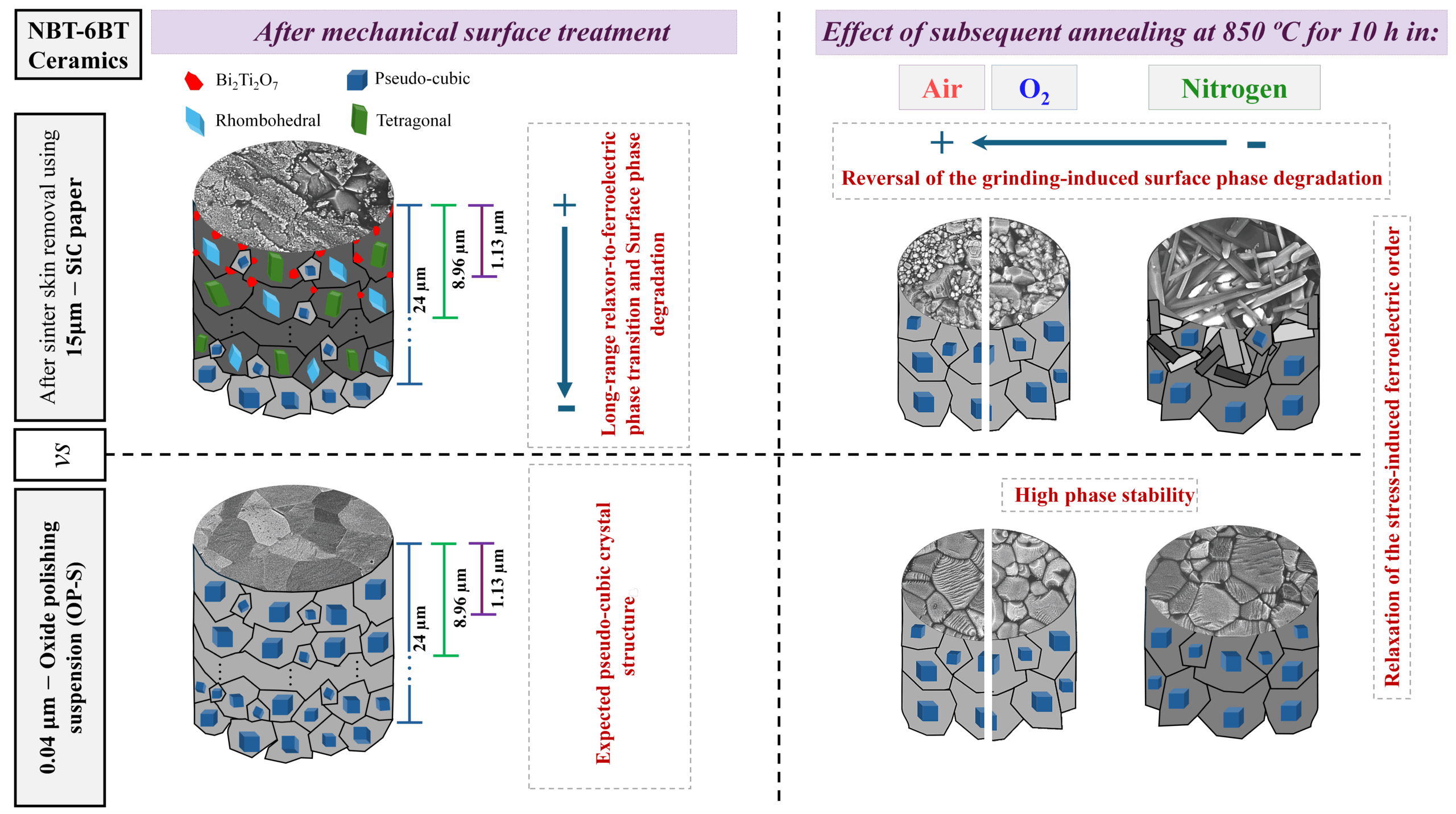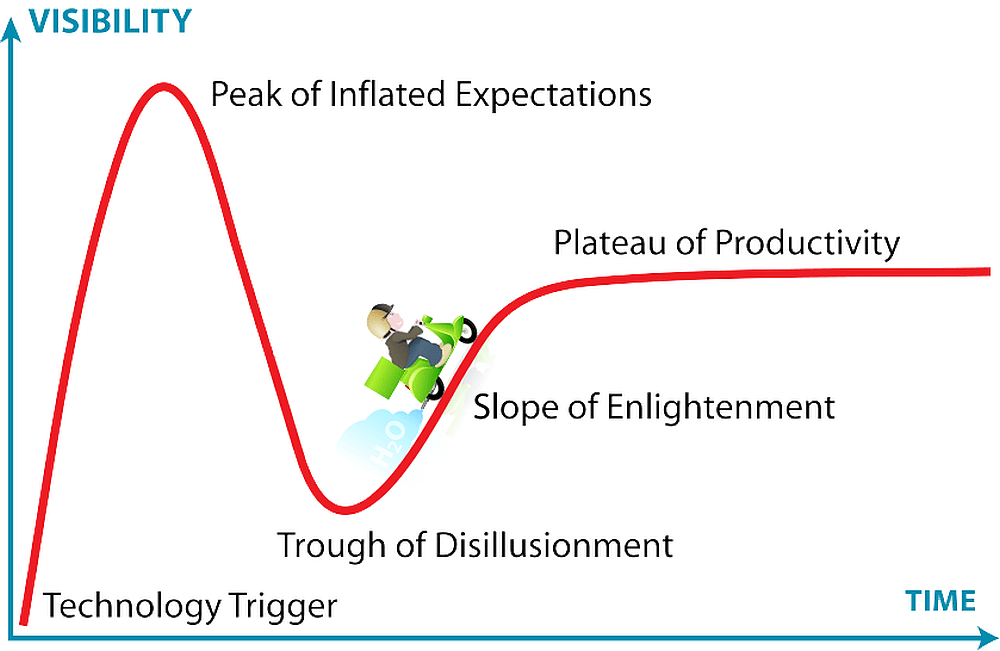
The Materials Genome Initiative continues to gain momentum, driven in part by workshops sponsored by federal agencies with a lot of “skin in the game”—especially the NSF, DOE, DOD, and NIST. I’ve been to a few NSF workshops, and they are effective, efficient ways to get the brightest minds together in one room, open the throttle on their brains, and let them run with some intellectual open road. The resulting discussions are stimulating, energizing, and challenging. In my experience, workshop attendees don’t waste their time or anyone else’s.
The usual output of a workshop is a report from the group to the larger community (plus whatever ideas they bring back to their research programs). A workshop in June on the “grand challenges” presented by the Materials Genome Initiative for the hard materials sciences (as opposed to “soft” materials like polymers, polymer composites, and biomaterials) is taking a different approach by extending the conversation into the community with a series of webinars. In this case, the workshop’s “output” will be incorporated into the Office of Science and Technology’s MGI strategic plan, says Linda Horton, director of the Materials Sciences and Engineering Division of the DOE Office of Basic Energy Sciences. “The goal of this workshop was to begin identifying the grand challenges relevant to the MGI for science and engineering in fields that would be most impacted by a MGI approach,” says Horton in a phone interview.
A number of federal agencies participate in the MGI effort—DOE, DOD, NIST, NSF, NASA, and NIH—but the first four have the strongest engagement. An interagency task force with representatives from all interested federal agencies has been working on drafting a framework document for OSTP to roll into its MGI strategic plan. DOE and NIST have organized a series of workshops to help draft the document, including the recent one June 25–26 at NIST in Gaithersburg, Md., titled “The Materials Genome Initiative Grand Challenges Summit.” The workshop participants broke into small groups and considered three questions:
- If materials scientists could _______, then new pathways of _______ materials discovery would be possible.
- If materials scientists could _______, materials/product engineers would be able to _______.
- Materials/product engineers need to be able to _______, which materials scientists could enable by ________.
The groups’ conclusions are documented (pdfs) and available at the workshop website. However, organizers realized an important component was missing—input from the extended science and engineering communities. Thus, a series of webinars is being held to gather input and feedback for OSTP to incorporate into its MGI strategic plan. The webinars are taking place this week and will be led by group leaders from the workshop. Preregistration is required. If you are interested in having a voice in the direction the Materials Genome Initiative takes, here is your opportunity.
Webinars
Electronics & Photonics Materials
Wednesday August 7, 1–2 PM EDT
Moderator: Sadasivan Shankar, Design and Technology Solutions, Technology and Manufacturing Group, Intel Corp.
Pregistration email: mgi-gcs-electronics-photonics@nist.gov.
3Energy Storage
Wednesday August 7, 2:30–3:30 PM EDT
Moderator: Yet-Ming Chiang, Kyocera Professor of Ceramics, Massachusetts Institute of Technology and 24M Technologies, Inc.
Pregistration email: mgi-gcs-energy-storage@nist.gov.
Catalysts
Thursday August 8, 10–11 AM EDT (tentative)
Moderator: Mark Barteau Director, Energy Institute DTE Energy Professor of Advanced Energy Research, Professor of Chemical Engineering, University of Michigan
Pregistration email: mgi-gcs-catalysts@nist.gov.
Correlated Electron Materials
Friday August 9, 10–11 AM EDT
Moderator: Peter Littlewood, Associate Laboratory Director for Physical Sciences & Engineering, Argonne National Laboratory
Pregistration email: mgi-gcs-correlated-electrons@nist.gov
One webinar has already happened. Held August 5 from 1–2 PM EDT, the Light Weight & Structural Materials webinar was moderated by Charles Ward, Lead for Integrated Computational Materials Science and Engineering, Materials and Manufacturing Directorate, Air Force Research Laboratory.
Horton says there will be a similar workshop–webinars activity in the fall to address grand challenges relating to soft materials.
Author
Eileen De Guire
CTT Categories
- Basic Science
- Market Insights



